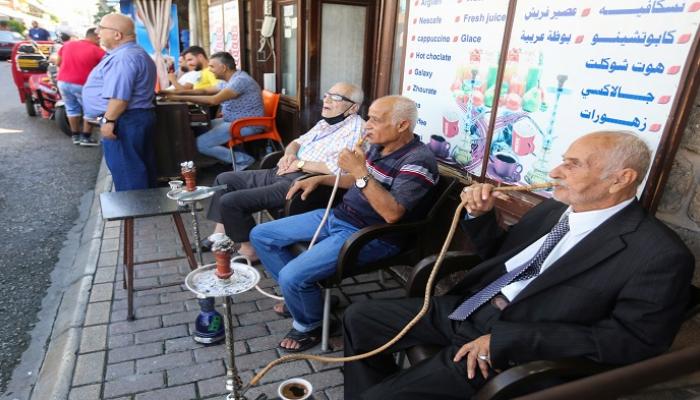
[ad_1]
Al Ain News
Monday 10/5/2020 11:06 PM Abu Dhabi time
Trade unions in the land transport sector and the General Union of Lebanese Workers refused to withdraw subsidies for basic goods and fuel in a decision initiated between the government and the Banque du Liban.
The unions warned that this step, which would sharply increase prices, would be the spark to ignite the country, and announced a popular move, which will be scheduled for later.
In Lebanon, meetings are being held between officials and the Bank of Lebanon to discuss how to lift the subsidy and the mechanism that will be adopted to compensate for it, following an unprecedented drop in foreign exchange reserves.
The data indicates that the reserves available in the Central Bank of Lebanon amount to only around 1 billion and 800 million dollars, noting that the support costs the Central Bank of Lebanon around 600 million dollars.
At a press conference held by the heads of the relevant sectors of the federations and unions of the land transport sector, the president of the General Union of Workers, the Union of Trucks, drivers and others, the head of the federations and unions of the ground transportation, Bassam Talis, said that the elimination of subsidies for goods, food, fuel, medicine and wheat would lead to a great social explosion.
He added: “It seems that the decision has been made, but today we will talk about the fuel-related aspect, because the lifting of subsidies for gasoline and diesel will raise the price of a gasoline plate to 70,000 Lebanese pounds (today its price is of about 25 thousand) and diesel to between 45 and 50 thousand pounds, which will lead to a social disaster given the difficult economic conditions that the country is going through.
He stressed that according to the information at his disposal, the start of the lifting of gasoline subsidies will be at the end of this month, and he warned the government not to take this step because it would be the spark to ignite the country.
He called the federations and unions of the land transport sector to a meeting to be held on October 19 to announce the date of action and strike to counter this decision in cooperation with the leadership of the General Union of Workers.
For his part, the president of the General Union of Workers, Bechara Al-Asmar, said: “As soon as any step to raise support is announced, we will immediately take to the streets, because what is happening is unacceptable and is a call to displace the Lebanese people. ”
He added: “Our mission is to ensure a dignified life for the Lebanese people … We will not accept the decision to lift the subsidy. We are in a meeting with the street if the subsidy for basic materials is removed.”
The head of the Union of Fuel Owners, Transporters and Distributors Fadi Abu Shakra considered that “the solidarity between the land transport unions and the General Union of Workers confirms the cohesion and unity of the position” and warned “against the lifting of subsidies because it causes a social catastrophe at the national level “, blaming” the responsibility of the Banque du Liban and the banks “. .
Lebanon has been suffering from a severe economic crisis that has gradually worsened since last October, while the dollar exchange rate is experiencing an unprecedented rise, as it hit the 10,000 pound barrier after being stable for years at 1,500. pounds.
Lebanon needs financial liquidity quickly after it failed to pay off huge sovereign debt obligations after the crisis paralyzed banks.
The Beirut port explosion, which killed nearly 200 people, added a new financial burden to the country estimated at around $ 4.6 billion.
The central bank is using dwindling foreign reserves to support important imports such as wheat, fuel and medicines.
The removal of subsidies, which the central bank says could not last indefinitely, will cause further suffering and can inflame tension.